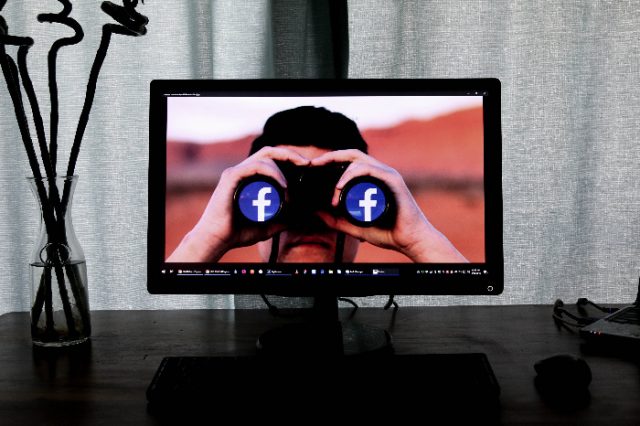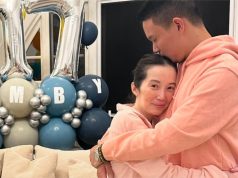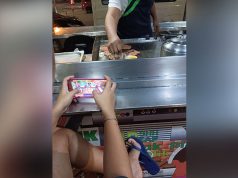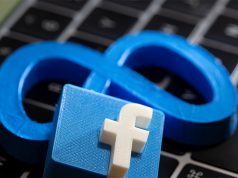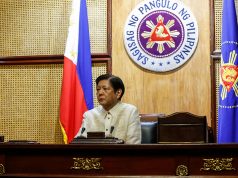Facebook clarified that the basis for its previous taking down of pages from its platform was based on their deceptive behavior rather than their content.
It made a second purge of 200 pages and groups and Instagram accounts from its platform on March 29. The people behind these assets were linked to a network led by a Filipino public relations practitioner.
Nathaniel Gleicher, the head of Facebook’s cyber-security policy, said that his team flagged these assets because they deceive users of their true identities.
“It’s not about what they say, it’s not about who they are, it’s not about who they’re fighting for, the question is are they using deceptive techniques to conceal their identities?” Gleicher said in an interview with CNN Philippines.
Gleicher said these pages and accounts were removed because they were found to have engaged in “coordinated inauthentic behavior” on Facebook and on Instagram.
Coordinated inauthentic behavior means the groups of people or individuals behind these online properties worked together to mislead others of who they were and what they were doing.
Gleicher said that the verification of content is up to Facebook’s third-party fact-checkers to do. In the Philippines, Facebook’s fact-checkers are VERA Files, Agence-France Presse and Rappler.
Malacañang downplayed this development, saying that majority of those who voted for President Rodrigo Duterte don’t have Facebook.
“The overwhelming majority that voted him into office, I don’t think they have Facebook accounts or whatever,” Presidential Spokesperson Salvador Panelo said.
Some of Duterte’s most avid supporters, such as Mocha Uson and Sass Sasot, have large followings on Facebook and have been very vocal in campaigning for Duterte.
Most pages support the president and his allies
Graphika revealed in a report that more than fifty percent of the deleted assets were fan pages and accounts of Duterte and other politicians.
“In our categorization of content and narratives shared by the network, we found that 46.2 percent of the pages shared content explicitly supporting President Duterte as a politician, and the second largest category or 27.7 percent shared news articles that paint the Duterte administration and the government writ large in a positive light,” the agency said.
The other political pages, meanwhile, show support for government officials Sara Duterte, Ferdinand Marcos, Imee Marcos, Bongbong Marcos, Ronald dela Rosa and Bong Go.
The younger Duterte, the Marcos siblings, Dela Rosa and Go were all allies of the administration.
“They were primarily engaged with promoting content that is favorable to the President. This includes celebrating his policies and diplomatic missions, supporting politicians that have been publicly endorsed by the President, and presenting his personal life in a positive light,” the firm said.
“These support pages also frequently reposted general political news about events in the Philippines, with a particular emphasis on the President’s response,” the firm added.
It also found that some of the pages were created way back in 2013; however, most were in 2017. The newest ones were created on October 24, 2018.
Based on Facebook’s “Info and Ads” feature, Graphika also found that majority of the administrators were based in the Philippines. However, there are four pages that did not disclose their locations.

